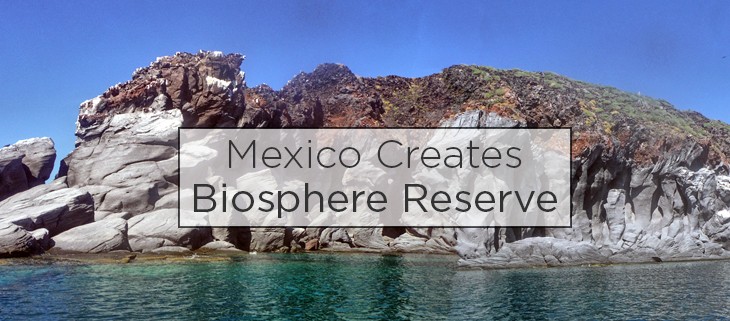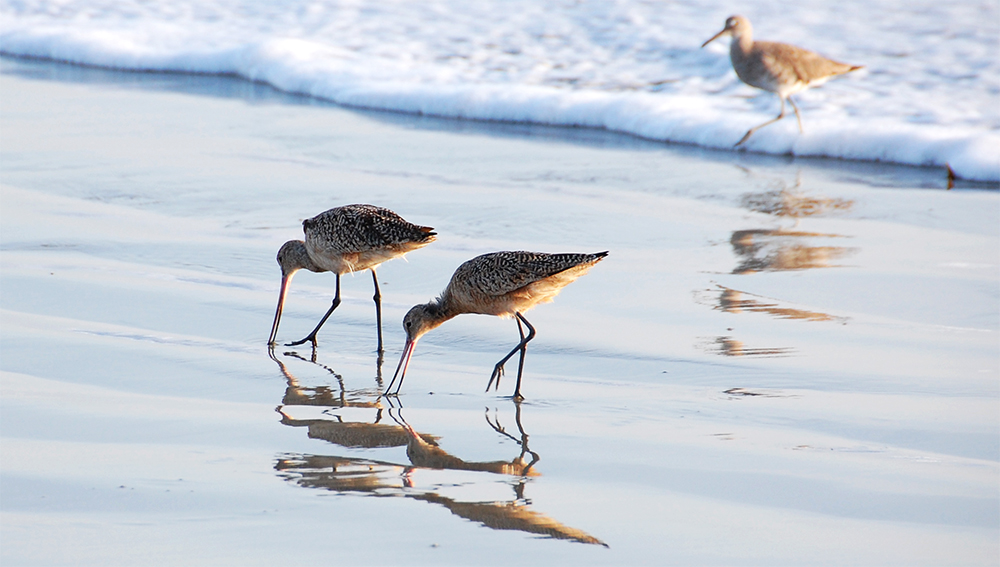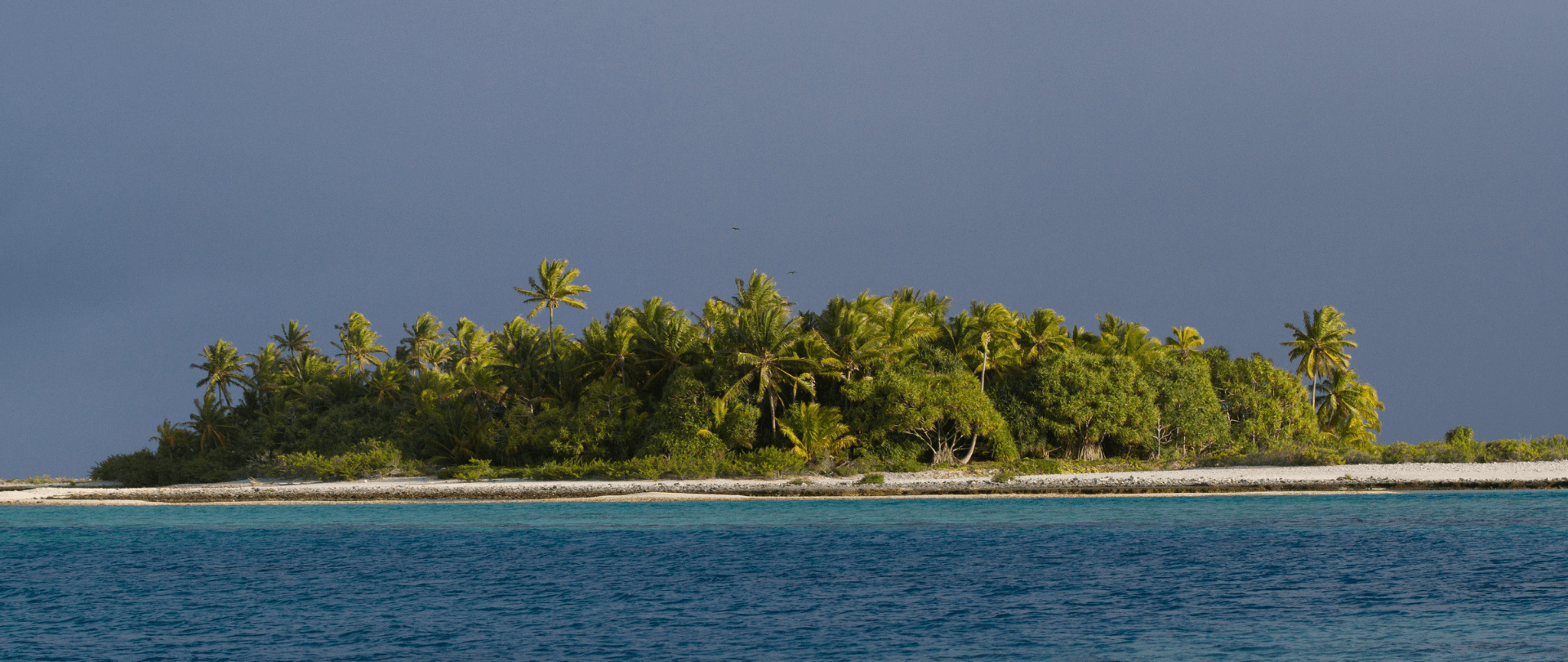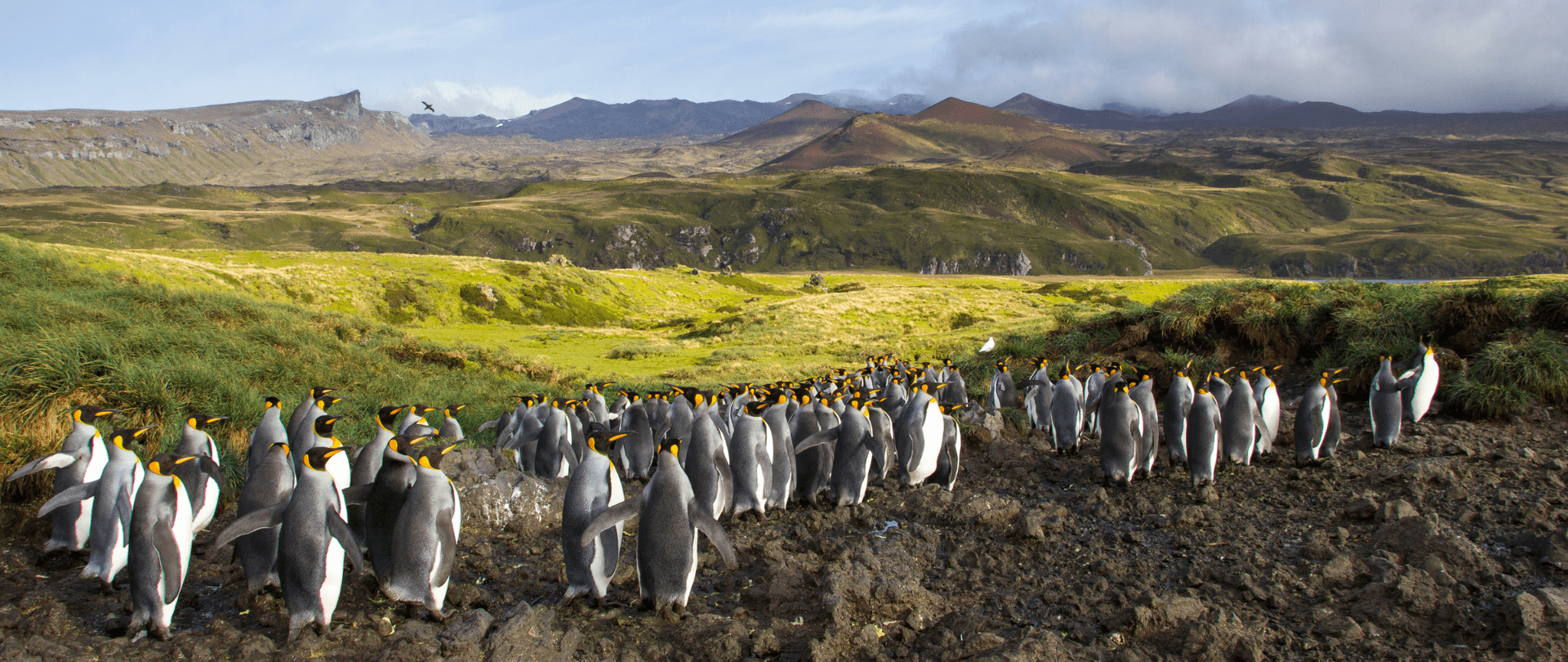The Ebiil Society: Champions of Palau
Ann Singeo, founder of our partner organization the Ebiil Society, shares her vision for a thriving Palau and a flourishing world of indigenous science!
Our new online shop is live!
Published on
February 17, 2017
Written by
Emily Heber
Photo credit
Emily Heber

In December 2016, Mexico announced the establishment of three new biosphere reserves that will conserve over 2.7 million acres, 21 islands, 97 islets, and the surrounding marine areas. The Pacific Islands Biosphere Reserve will protect islands and the marine environment along the Baja California peninsula.
Biosphere reserves are important features of conservation, unifying protection of terrestrial, marine, and coastal ecosystems. A goal of these protected areas is to reconcile the conservation of species with the sustainable use of resources. The biosphere reserve helps to promote sustainable growth and to preserve areas by creating core areas, buffer zones, and transition areas which balance conservation with human needs and uses.

Stakeholders, including the fishing community, private conservation organizations, and government agencies were crucial in the building the Pacific Biosphere Reserve and demonstrate the value of community engagement. Cooperation and partnerships facilitated conservation without displacing people and their needs. Alfonso Aguirre Muñoz, director of Conservación de Islas in Ensenada commented:
The decree now legitimizes the hard work done by civil society during so many years, with already tangible and relevant results.
Alfonso Muñoz was honored in December with the Midori Prize for Biodiversity for his work with the biosphere network and protecting islands.

The establishment of these conservation areas sets aside a network of critical habitat that will safeguard species in marine and terrestrial environments. They also complement the marine protected areas that exist along the California Coast. Serge Dedina, mayor of the San Diego County border city of Imperial Beach and executive director of the environmental group Wildcoast commented:
Now we have a chain of island conservation that extends from the U.S. all the way to Mexico.
Conserving these regions helps reach one of the goals of the Convention on Biological Diversity to conserve areas of high biodiversity and to create connected systems of preserves. Biosphere reserves and marine protected areas benefit wildlife and people alike.
Featured photo: Coronado Island. Credit: Kirt Edblom
Sources:
Los Angeles Times
United Nations Education, Scientific, and Cultural Organization (UNESCO)
Check out other journal entries we think you might be interested in.

Ann Singeo, founder of our partner organization the Ebiil Society, shares her vision for a thriving Palau and a flourishing world of indigenous science!

This historic agreement aims to protect the marine and coastal areas of the Southeast Pacific.

Our projects to restore key islets in Nukufetau Atoll forecast climate resilience and community benefits in Tuvalu!

Island Conservation and partners have published a new paper quantifying ecosystem resilience on restored islands!

Climate Week NYC: what is it and why is it important? Read on to find out why Island Conservation is attending this amazing event!

With sea levels on the rise, how are the coastlines of islands transforming? Read on to find out how dynamic islands really are!

Join us in celebrating the most amazing sights from around the world by checking out these fantastic conservation photos!

Rare will support the effort to restore island-ocean ecosystems by engaging the Coastal 500 network of local leaders in safeguarding biodiversity (Arlington, VA, USA) Today, international conservation organization Rare announced it has joined the Island-Ocean Connection Challenge (IOCC), a global effort to…

Island Conservation accepts cryptocurrency donations. Make an impact using your digital wallet today!

For Immediate Release Conservation powerhouse BirdLife South Africa has joined the Island-Ocean Connection Challenge (IOCC) – a global initiative aiming to restore, rewild and protect islands, oceans and communities – to support its work to save internationally significant albatross populations…